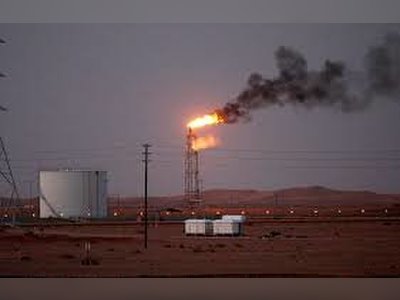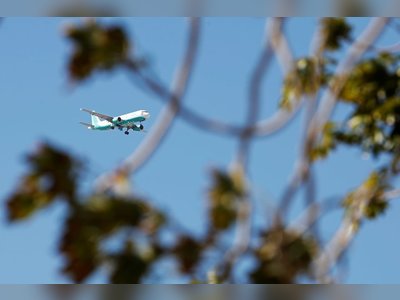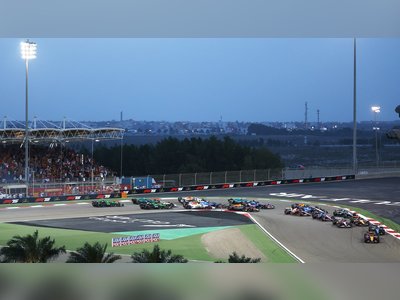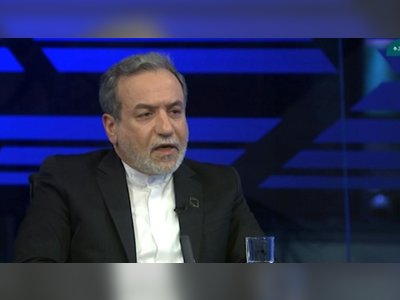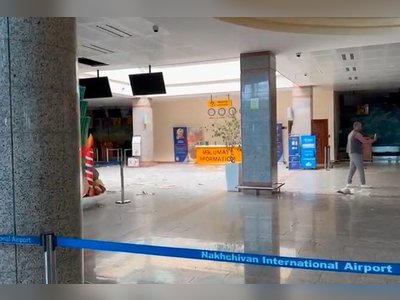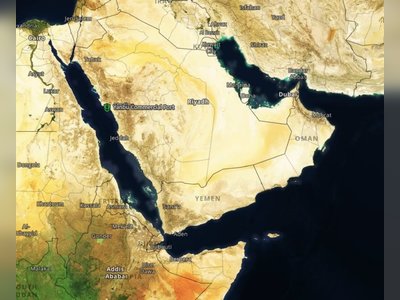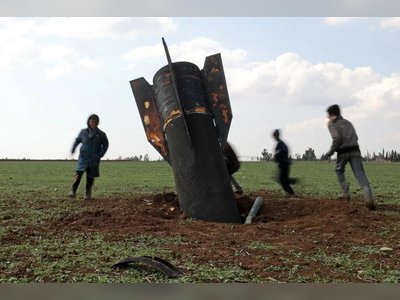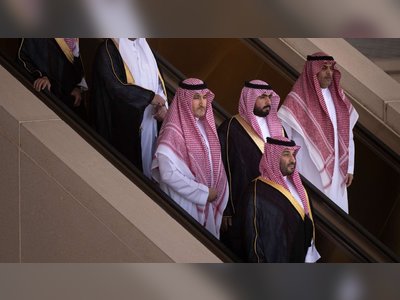Jihadist insurgents capture significant areas of Aleppo as conflict resurges
For the first time since 2016, Russian airstrikes targeted Aleppo as rebels made progress.
In a major escalation of hostilities, jihadist rebels led by Hayat Tahrir al-Sham (HTS) have seized control of most of Aleppo city, according to the Syrian Observatory for Human Rights on Saturday.
This event marks the first Russian air strikes on Syrian soil since 2016, targeting areas in Aleppo, Syria's second-largest city.
HTS, a rebel group previously linked to Al-Qaeda, has launched an aggressive offensive since Wednesday against Syrian government forces supported by Russia and Iran.
This offensive aligns with a fragile ceasefire in Lebanon between Israel and the Iran-backed Hezbollah group, an ally of the Syrian government.
The Britain-based observatory, which gathers information via a network within Syria, has reported that 311 people have died in recent days, including 183 fighters from HTS and Turkish-backed factions, 100 Syrian soldiers and pro-government forces, and 28 civilians.
Rebels have captured significant government and police infrastructure in Aleppo, leading to the withdrawal of local authorities from the city center.
An AFP correspondent observed rebels celebrating in Aleppo late Friday, while another saw anti-government fighters gathering in front of the city's renowned citadel.
Aside from gains in Aleppo, rebels have also taken the strategically important town of Saraqib, situated 40 kilometers southwest of the city.
Reports indicate that Damascus has sent army reinforcements to the area to counter the rebel advances.
The renewed conflict threatens the 2020 truce arranged by Turkey and Russia for the Idlib region, highlighting the fragile nature of peace efforts there.
The Russian military confirmed operations against 'extremist' groups, while Turkey has called for an end to these bombings.
This surge in violence further complicates the ongoing geopolitical tensions in the region, with serious humanitarian consequences for the local population of Aleppo, which was once a major manufacturing hub in Syria.
This event marks the first Russian air strikes on Syrian soil since 2016, targeting areas in Aleppo, Syria's second-largest city.
HTS, a rebel group previously linked to Al-Qaeda, has launched an aggressive offensive since Wednesday against Syrian government forces supported by Russia and Iran.
This offensive aligns with a fragile ceasefire in Lebanon between Israel and the Iran-backed Hezbollah group, an ally of the Syrian government.
The Britain-based observatory, which gathers information via a network within Syria, has reported that 311 people have died in recent days, including 183 fighters from HTS and Turkish-backed factions, 100 Syrian soldiers and pro-government forces, and 28 civilians.
Rebels have captured significant government and police infrastructure in Aleppo, leading to the withdrawal of local authorities from the city center.
An AFP correspondent observed rebels celebrating in Aleppo late Friday, while another saw anti-government fighters gathering in front of the city's renowned citadel.
Aside from gains in Aleppo, rebels have also taken the strategically important town of Saraqib, situated 40 kilometers southwest of the city.
Reports indicate that Damascus has sent army reinforcements to the area to counter the rebel advances.
The renewed conflict threatens the 2020 truce arranged by Turkey and Russia for the Idlib region, highlighting the fragile nature of peace efforts there.
The Russian military confirmed operations against 'extremist' groups, while Turkey has called for an end to these bombings.
This surge in violence further complicates the ongoing geopolitical tensions in the region, with serious humanitarian consequences for the local population of Aleppo, which was once a major manufacturing hub in Syria.
